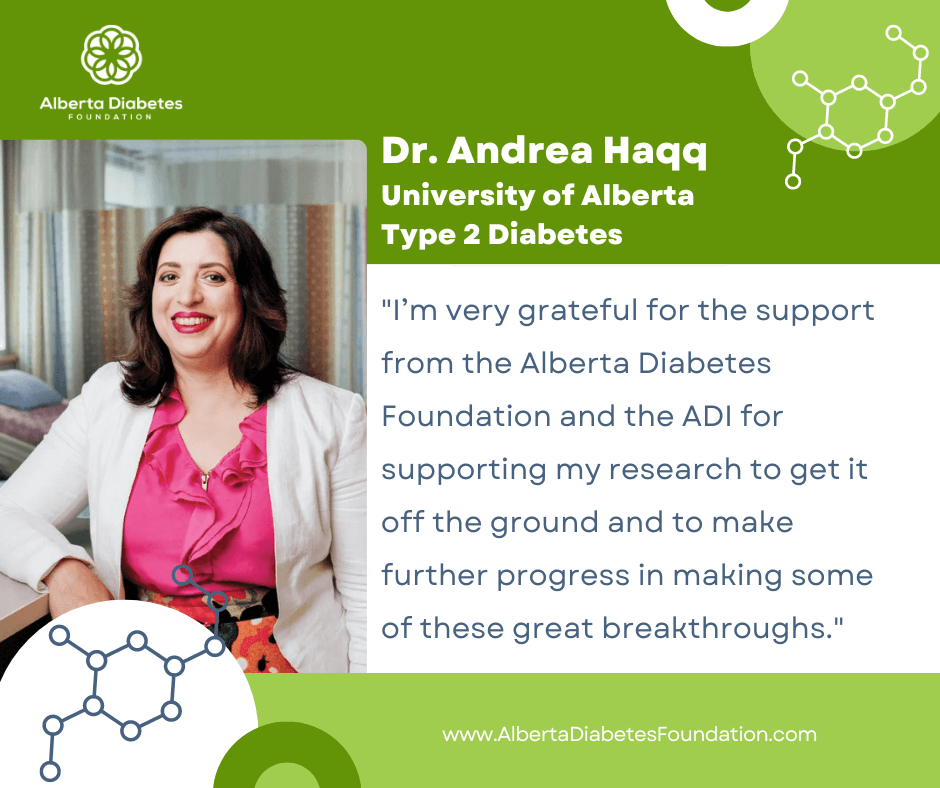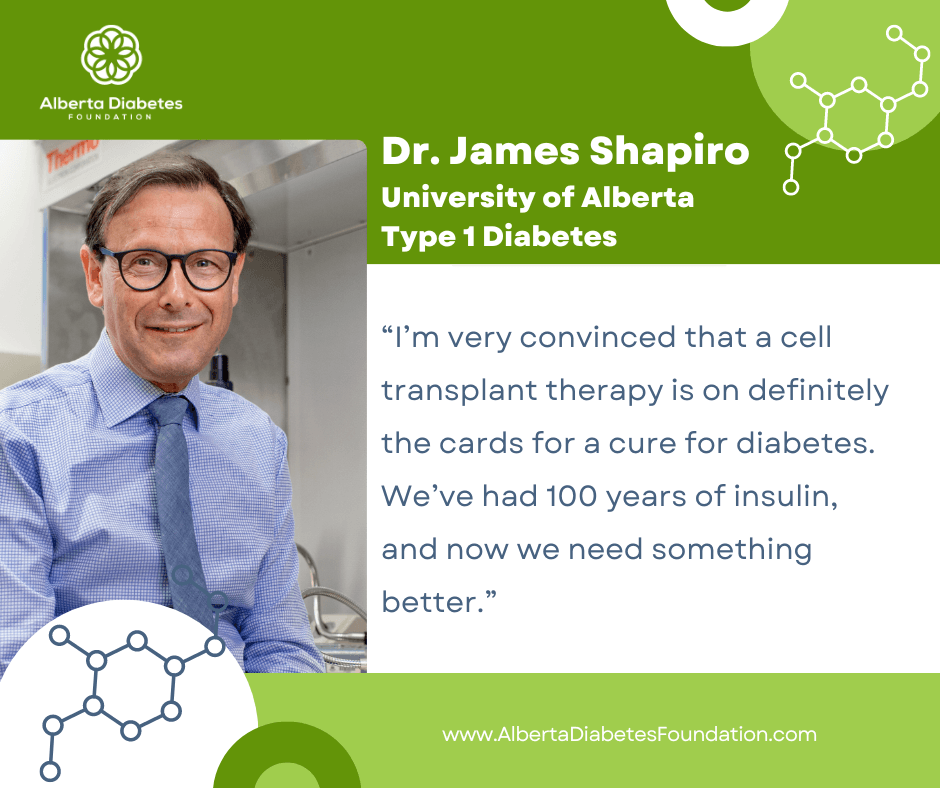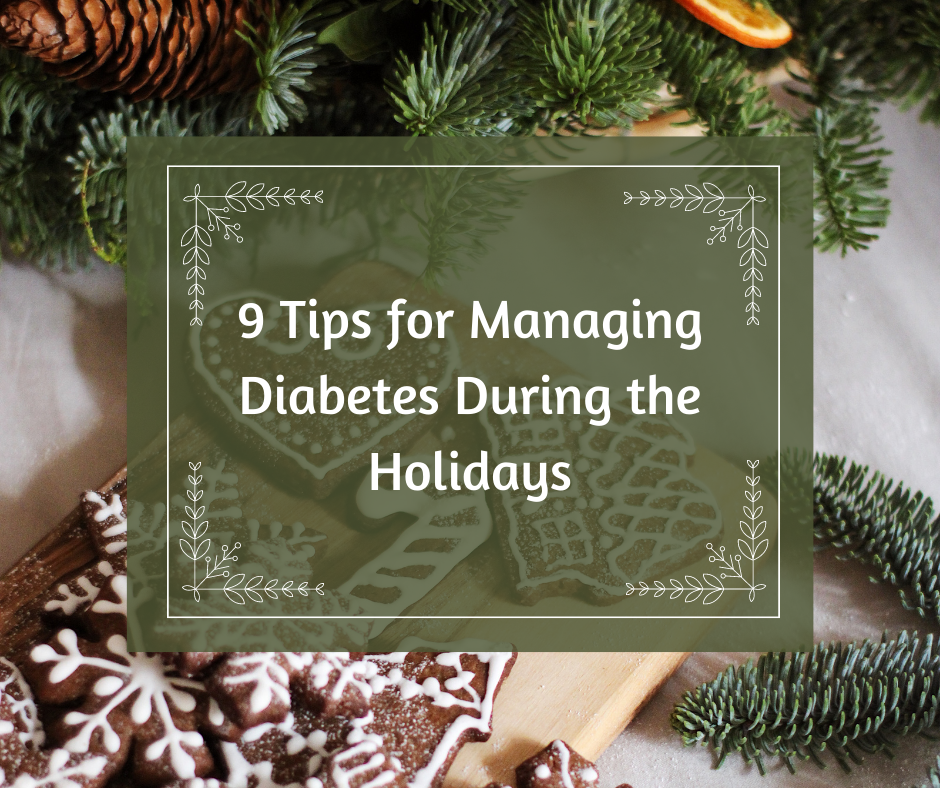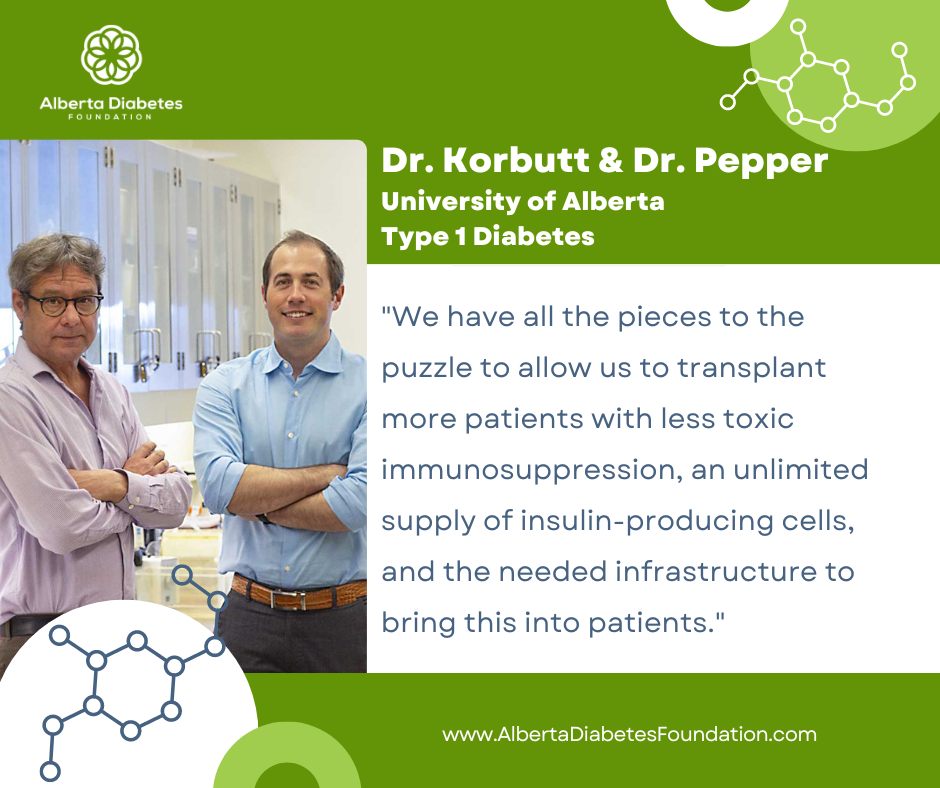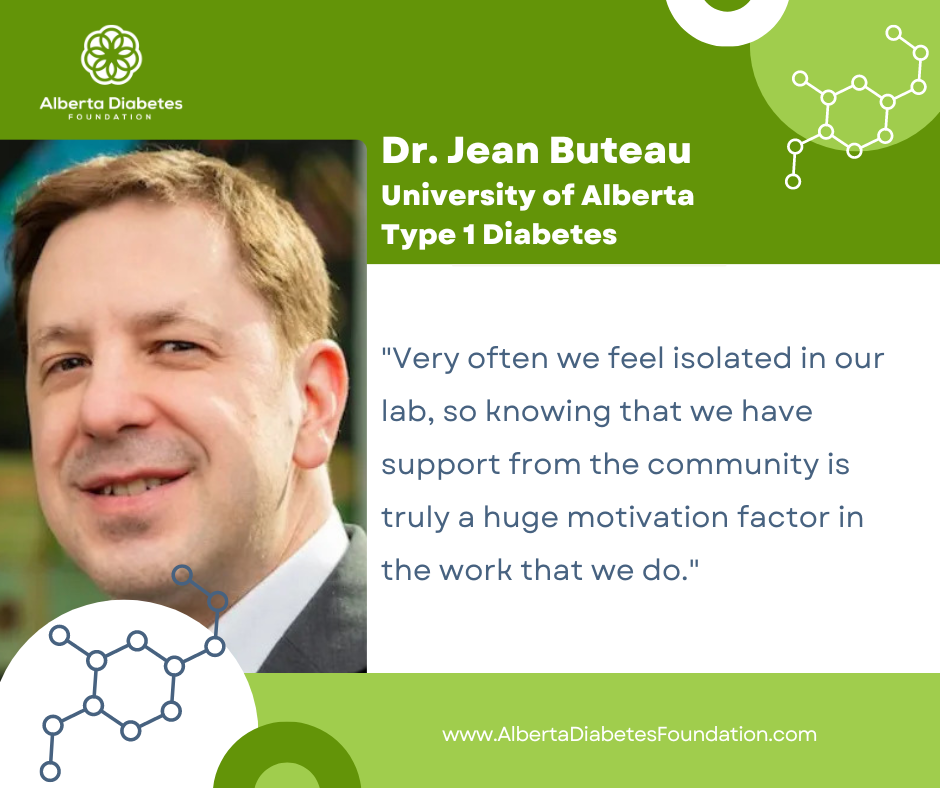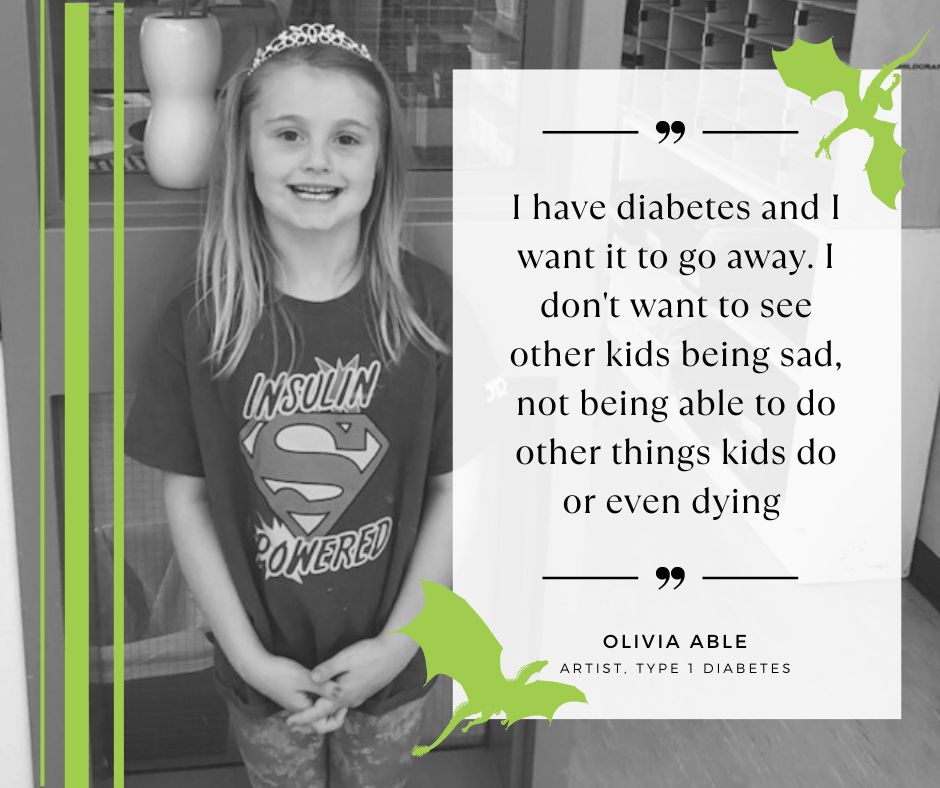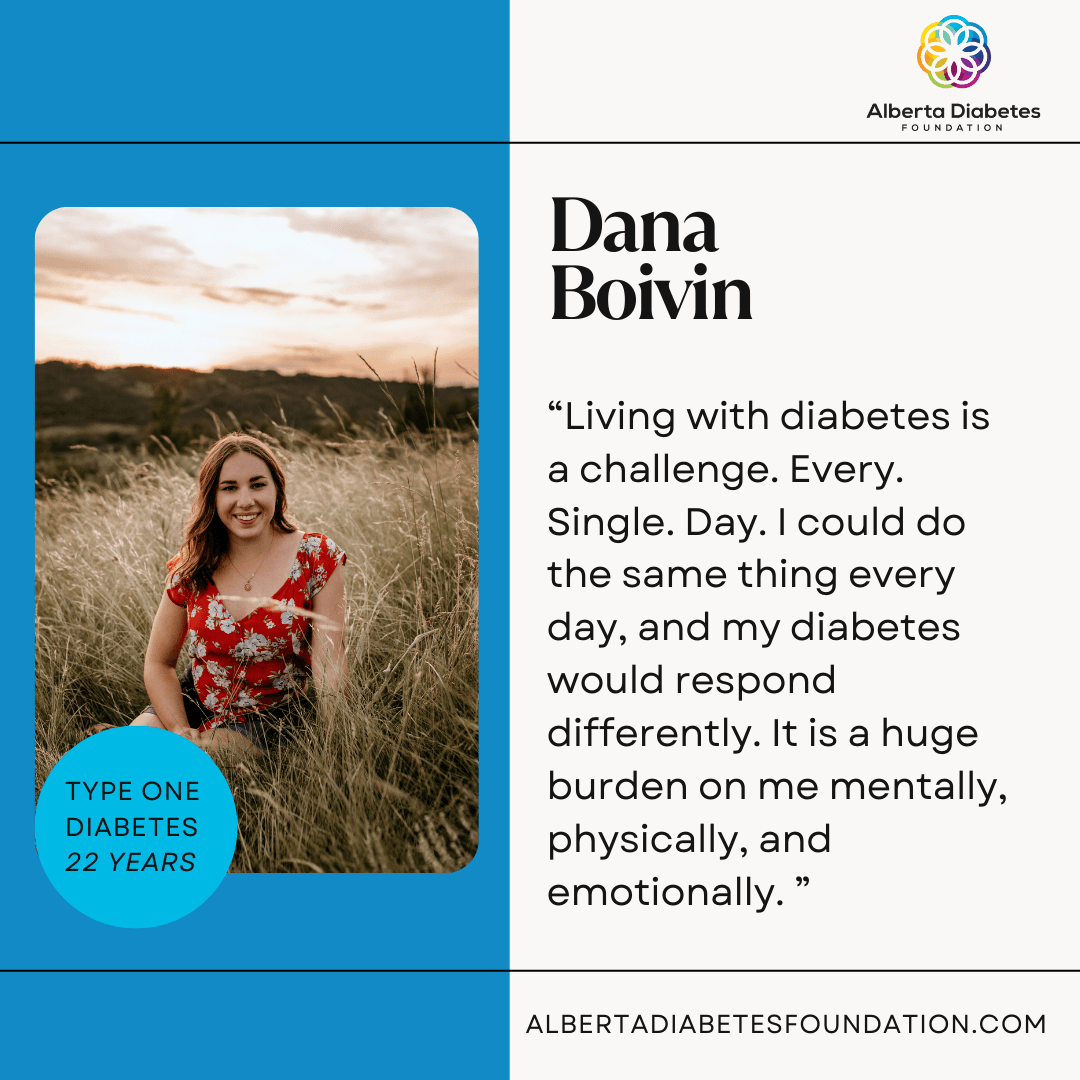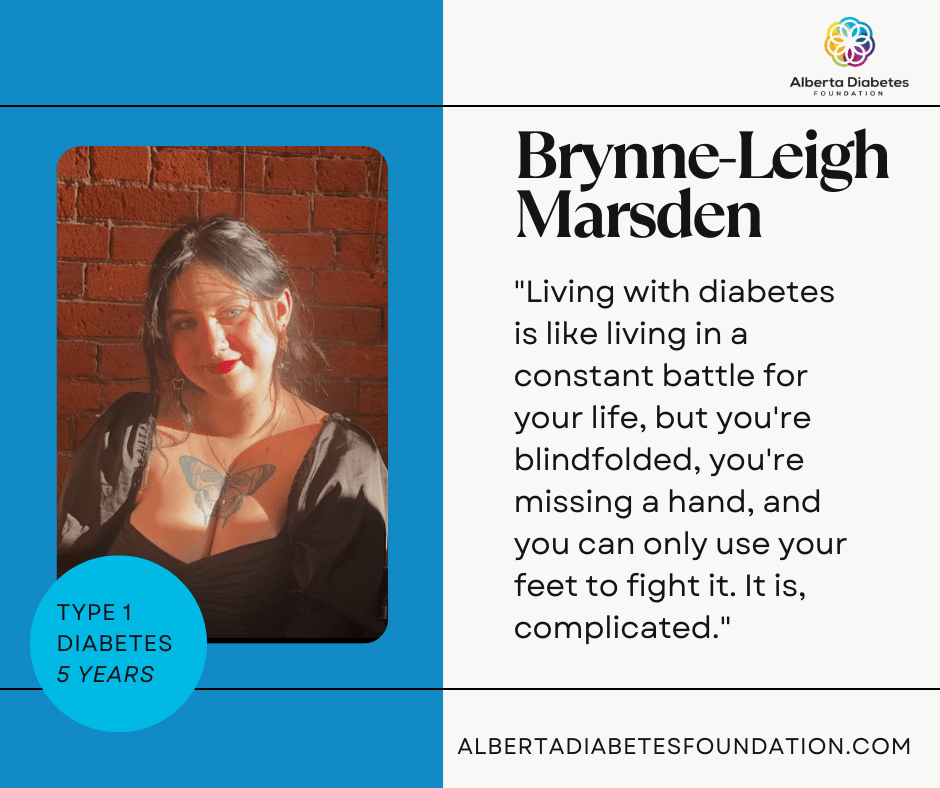A Heartfelt Ode to Oats
by Erika Brown, RD

There’s nothing quite like a hearty bowl of oatmeal to warm you up on a chilly February morning. And since oats are famous for keeping blood cholesterol in check, it seems only fitting to celebrate them during Heart Month.
But oats are no one-trick pony. There are many reasons why oatmeal was your Grandma’s favourite breakfast – and should be yours too!
The Heart of the Matter
Most comfort foods aren’t exactly known for their health benefits – but oats are an exception to the rule!
Research shows that oats help lower elevated blood cholesterol thanks to a special type of soluble fibre called beta-glucan. Just one bowl of cooked oatmeal serves up the 3 grams of beta-glucan shown to trigger a 5 - 7% drop in total and LDL (bad) cholesterol ( 2 ). Studies also show that replacing refined grains with oats can help lower blood pressure ( 3 ).
But wait, there’s more: Large flake and steel-cut oats are low glycemic foods, meaning they're slowly digested and gradually released as sugar into the bloodstream. This makes oats especially useful for people with diabetes who need to control their blood sugars.
As if all that wasn’t enough, the fibre in oatmeal is also good for our waistlines. Whole grain oats are high in complex carbohydrates and fibre, which help you feel full for longer and eat less during the day. So oats in the morning may be the perfect way to end late night nibbling.
A Heart of Gold
What makes oats so oatstanding ? One serving of cooked oats (¾ cup) fills you up with a satisfying 4 grams of protein and 3 grams of fibre – all for just 166 calories ( 1 ).
But that’s not all: Oats are also loaded with heart-healthy minerals like magnesium , which helps control blood pressure, and iron , which helps deliver oxygen-rich blood to your heart and body.
Eat to Your Heart’s Content
Okay, so you’ve hopped off the gravy train and onto the oat boat. But with so many options it can be hard to choose the right oats to satisfy your craving.
A good rule of thumb is that the slower your oatmeal cooks, the better it is for you. Although instant and quick-cooking oats are easy to prepare, you’ll pay for that convenience with less nutrients and more added salt and sugar.
Whenever possible, choose regular, slow-cooking oats. They can be used in baking and cooking and are ready on the stovetop in just 10 minutes. Steel-cut oats are an even healthier choice. They take about 20 minutes to cook; but since none of the nutrients are removed in the processing they're well worth the wait.
Oats can be enjoyed any time of the day in many different ways:
- Start your day with a bowl of hearty oatmeal. Instead of sugar, sweeten it by adding banana slices and cinnamon while the oats are cooking.
- Make your own granola by mixing oats with dried fruit, nuts and honey. Bake until golden and crunchy.
- Boost the fibre in your baking by adding oats into muffin, loaf or pancake batters.
- Mix oats with lean ground meat or beans when making burgers, meatballs or meatloaf.
For a delicious and heart-warming start the day try the Fruity Breakfast Oats from the Pure Prairie Eating Plan.
References
1) Canadian Nutrient File (2015). Nutrient Profile: Cereal, hot, oats, large flakes, dry, Quaker. Retrieved from: https://food-nutrition.canada.ca/cnf-fce/report-rapport.do
2) Othman RA, Moghadasian MH, Jones PJ (2011). Cholesterol-lowering effect of oat β-glucan. Nutrition Reviews, 69 (6): 299-309. doi:10.1111/j.1753-4887.2011.00401.x
3) Tighe P et al (2010). Effect of increased consumption of whole-grain foods on blood pressure and other cardiovascular risk markers in healthy middle-aged persons: a randomized-controlled trial. American Journal of Clinical Nutrition, 92 (4): 733-740. doi: 10.3945/ajcn.2010.29417
LET'S WORK TOGETHER TO FIND A CURE.
VISIT US
1-020 Li Ka Shing Centre
University of Alberta
Edmonton, AB, T6G 2E1
Office Hours
Monday-Friday 8:30-4:00
If you would like to set up an appointment at our office, please set up an appointment by contacting us at
info@abdiabetes.com



